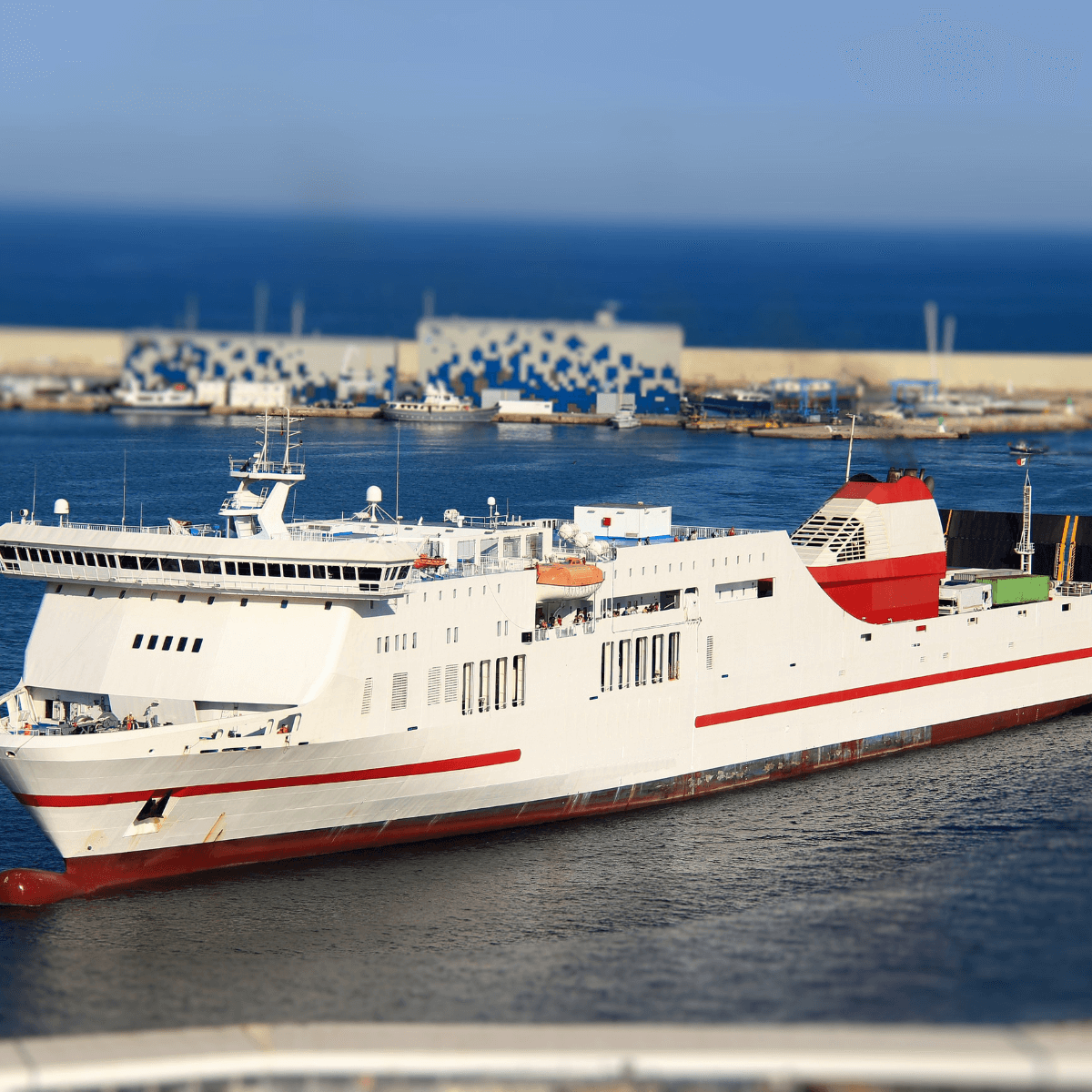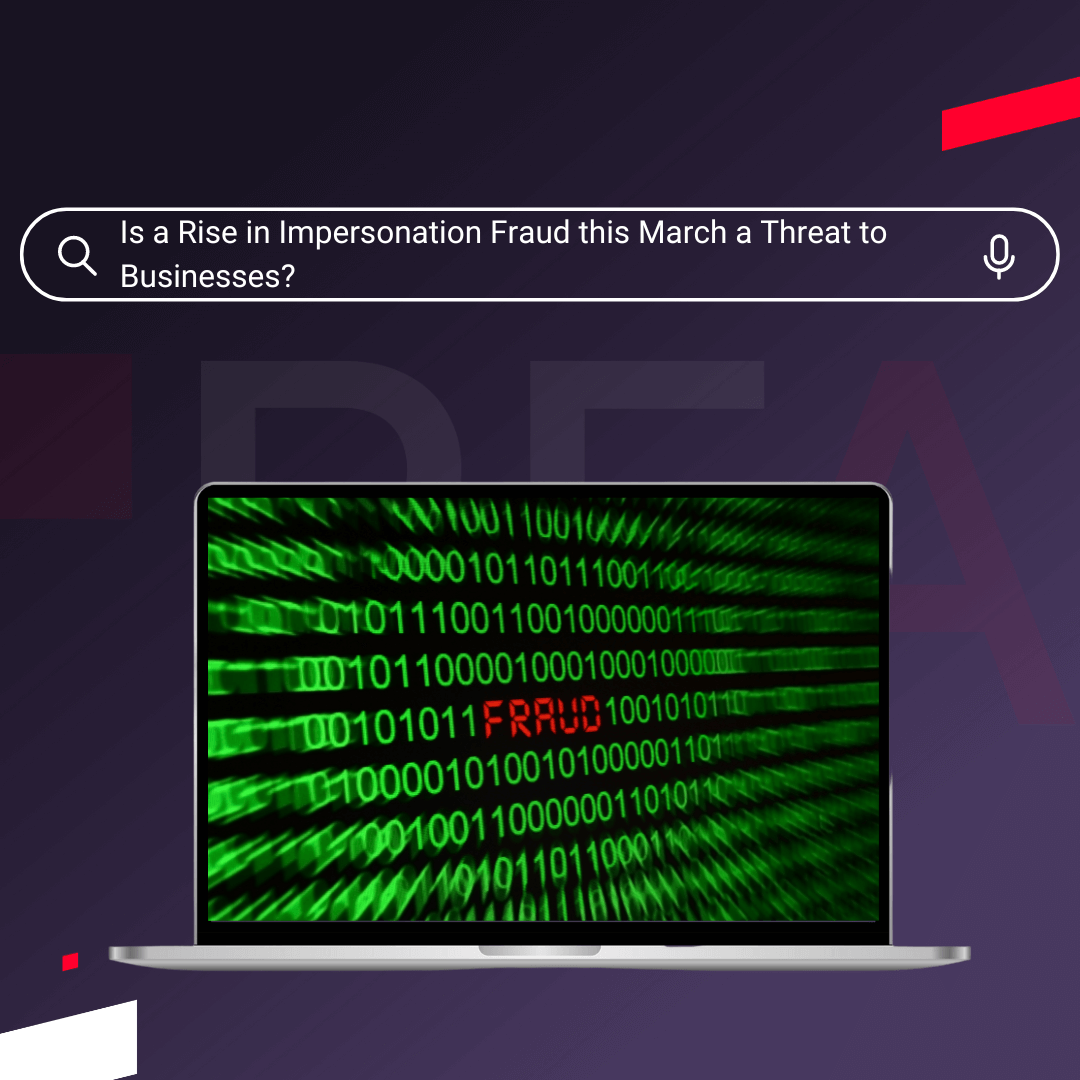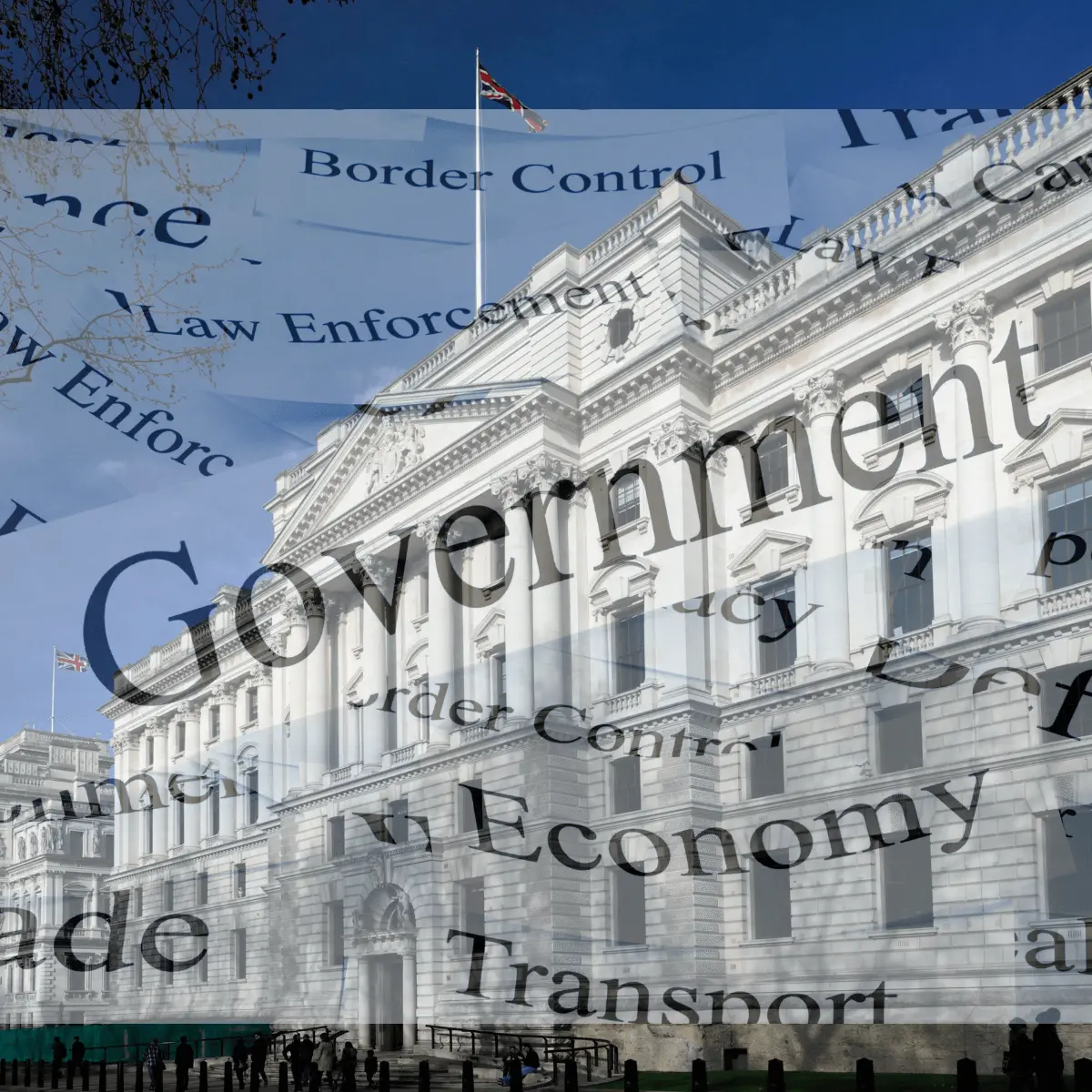On Thursday 17 March 2022, P&O Ferries sacked 800 staff with immediate effect via a pre-recorded video message.
The incident has been a PR disaster for the company, triggering outrage amongst trade unions and politicians.
P&O sacked its staff to manage its financial pressures, saying that there is “no future for the company” unless it did so.
Despite this, one of the UK’s largest credit referencing agencies (CRAs) had rated P&O 100/100 right up until news of the sackings broke.
Red Flag Alert was different. We correctly predicted the difficulties at P&O; we’ve rated the company one red flag since February 2022.
In this article, we’ll examine what happened and why Red Flag Alert could spot the signs of financial problems when others couldn’t.
A business under pressure
P&O Ferries carried over 10 million passengers a year before the pandemic. It was also responsible for transporting 15% of all UK freight cargo.
But demand for the company’s services fell during the pandemic and it has lost £105 million since early 2020.
The company has had to borrow £40 million from its parent company DP World and £15 million via government coronavirus support schemes to get it through the pandemic.
This isn’t the first time P&O has made such a move. Back in 2020, it sacked around 20% of its workforce in reaction to the immediate pressures of the pandemic.
And Covid-19 isn’t the only challenge facing the business. The amount of freight the company deals with has steadily declined thanks to Brexit. It also owes £146 million to the Merchant Navy Ratings Pension Fund.
Red Flag Alert saw what others missed
Despite these problems, one of the UK’s leading CRAs rated P&O a very low credit risk and recommended a credit limit of £13 million.
When the news of the mass sacking broke, the CRA manually changed their score and recommended a credit limit of zero.
Red Flag Alert had rated P&O one red flag since the beginning of February. This rating indicates that a company presents insolvency risk factors such as a deteriorating financial position, and that companies should trade with caution.
Our rating of the business has gradually declined since 2019, reflecting the pandemic’s financial impact on the company.
This starkly shows the limitations of other CRAs.
Their customers were told that it was safe to provide P&O with millions of pounds in credit. In reality, the company faces a higher than usual chance of becoming insolvent and extending credit to the business is very risky.
If P&O were to enter insolvency, the companies it owes money to will be unlikely to get their money back. Instead, they would have to absorb the loss as bad debt.
How we predicted problems at P&O
Many CRAs haven’t updated their scoring systems to reflect the impact of the pandemic. This means that they fail to spot risky companies.
Red Flag Alert takes a different approach.
- Our data is updated in real-time 24 hours a day
- Our scoring algorithm makes predictions based on 15 years of insolvency data
- We’re constantly evolving our algorithm to reflect today’s economic environment
This means that our credit scores are the most accurate and up to date available.
Our users can see which of their customers may pose a credit risk with our advanced credit monitoring and insolvency scoring solutions. This allows them to take relevant proactive measures like further monitoring, withdrawing credit or calling in invoices.
If you want to find out which of your customers pose a financial risk before it’s too late, book a Red Flag Alert demo today.




